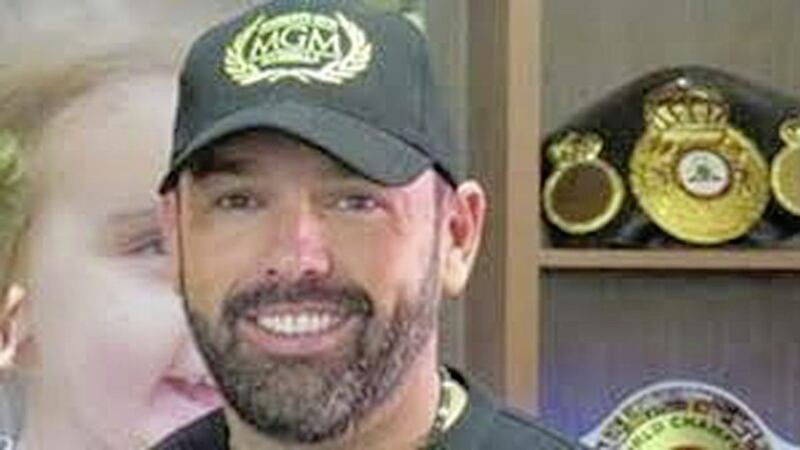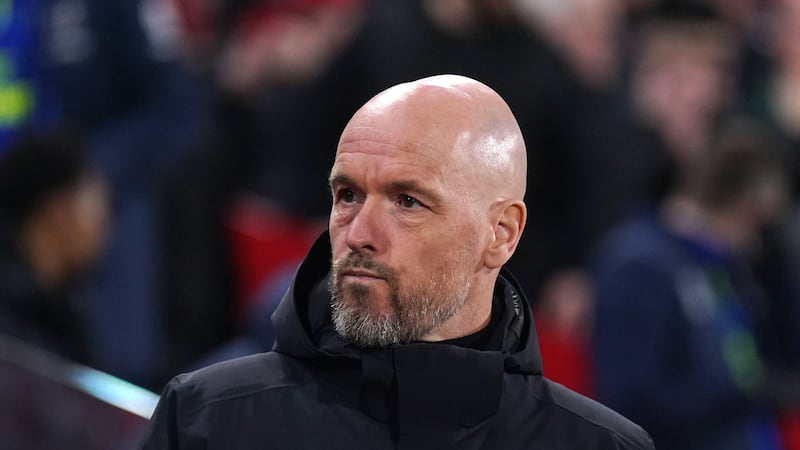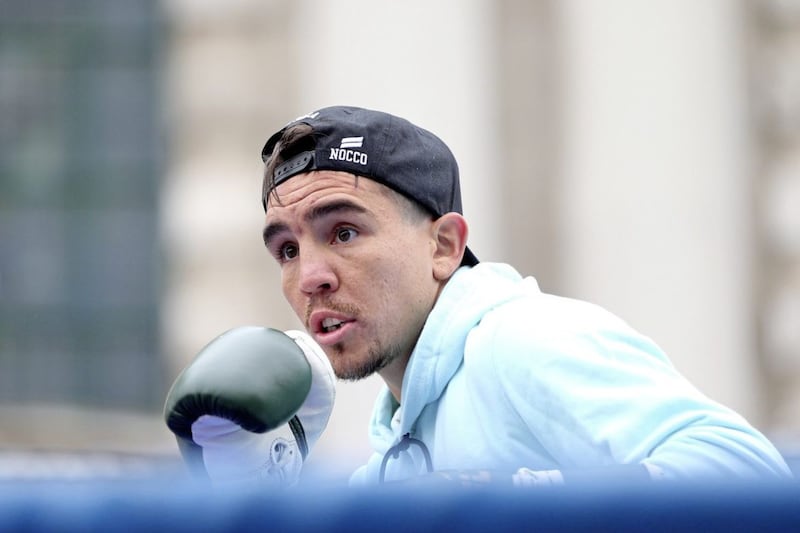YOU had to feel very sorry for boxer Anthony Cacace this week. He’d spent months training for a fight and put everything - his family, his friends and the rest of his life – on hold. Then this week, just days before what was supposed to be his big break as chief support on the undercard of Tyson Fury v Dillian White at Wembley Stadium on Saturday night, the 33-year-old was told the fight was cancelled.
His opponent, the former featherweight champion Jonathan Romero, had issues with his visa and wasn’t allowed into the UK. No alternative opponent was produced and so Cacace, who had travelled to London and was ready for action, was told he wouldn’t be fighting.
He won’t get his big break and unfortunately at his age the chance may not come around again.
Cacace was understandably gutted.
“F**k boxing,” he said.
What is professional boxing? It’s a global sport without an overall governing body. There’s no FIFA, World Rugby or International Cricket Council pulling the strings and providing checks and balances and so boxing is an unregulated wild west business world made up of the four main sanctioning organisations WBC, WBA, WBO and IBF who operate an ‘alphabet soup’ of titles and belts, the rival promoters and TV companies who are all competing to make money.
Sometimes it works but too often it is chaotic and it is that chaos that allowed Daniel Kinahan to become such an influential force in professional boxing.
The Dublin underworld figure co-founded MTK and had built the organisation into a major international player in the sport before he officially cut his ties with it in 2017. Despite that his name has been continuously linked to fights, fighters and trainers since but last week Kinahan was among seven people hit with worldwide financial sanctions by the United States. In the wake of a storm of negative publicity, leading promoters cut ties with MTK (Mack the Knife) and on Wednesday a statement confirmed that MTK would be dissolved.
"As a business we have faced unprecedented levels of unfair scrutiny and criticism since the sanctioning by the US Government of Daniel Joseph Kinahan,” it read.
"It is a matter of public record that Mr Kinahan's involvement in MTK ceased in 2017, and despite repeated reassurances in this regard, unfounded allegations about his ongoing association with us and our fighters persist.
"Since leading promoters have now informed us that they will be severing all ties with MTK and will no longer work with our fighters, we have taken the difficult decision to cease operations at the end of this month.
"MTK prospered because we always put the long-term interests of our fighters at the heart of what we do.
"Our priority in the weeks ahead will be to ensure that our world-class boxers are supported to find new partnerships as swiftly as possible. MTK gyms are operated independently so will remain open for the foreseeable future."
The news was greeted with disappointment by some boxers. In much the same way that many professional footballers and management never think to ask where their club’s money comes from, boxers were attracted to the MTK set-up because Kinahan’s financial clout offered them the chance to make their dreams come true.
MTK began as MGM (Macklin’s Gym Marbella) and was a facility in Spain which quickly became a Mecca for promising professional boxers who had previously been treated as the chattels of powerful promoters.
Struggling fighters who had been used to slogging away in basic, spit-and-sawdust backstreet gyms were now able to work out in a modern, state-of-the-art facility. The equipment was superb, the coaching excellent and after they finished training they would have nutritious meals prepared for them and then could recover in the sun. Instead of living from hand to mouth as they had done before while they waited on news of a fight that might never happen, they were paid on time and they were kept busy too.
Gyms with ties to MTK opened in Ireland, Scotland and England and were established around the world and dozens and dozens of fighters and trainers signed on. There were lots of bills, plenty of action and it seemed at times that the old rules of boxing – biding your time and working your way up the ladder to earn a title shot – no longer applied.
But it was never going to last. MTK sold a dream and had the money to deliver it but where did the cash come from? How many murders were committed, how many lives were ruined through drug addiction so Daniel Kinahan could establish himself as a boxing powerbroker?
Kinahan has never personally been convicted of a crime but his involvement quickly resulted in professional boxing becoming a no-go area in his home city. The gangland shooting at the weigh-in at the Regency Hotel in 2016 meant that professional boxing is a thing of the past south of the border and Katie Taylor may never get the chance to box in Dublin which is a great shame.
Some argue that boxing has always been like this. Going back to the US Mafioso Paul ‘Frankie’ Carbo, the sport has long been heavily influenced by underworld figures and right up until recently ‘Yer man in Dubai’ had been able to control how fights were made and where they were held.
His influence is unlikely to disappear with the dismantling of MTK and it took the sanctions imposed by the US government to force boxing promoters to take some action and push the elephant out of the room.
Now the door has to be locked from the inside. Amateur boxing has been dragged through a mire of corruption and now professional boxing is on the front pages of the newspapers, not the back. The unregulated chaos which created the conditions for Daniel Kinahan to become a major player in boxing must end but only the establishment of a global governing body to police the sport can make that happen. Boxing has to seize this opportunity to clean up its act.








